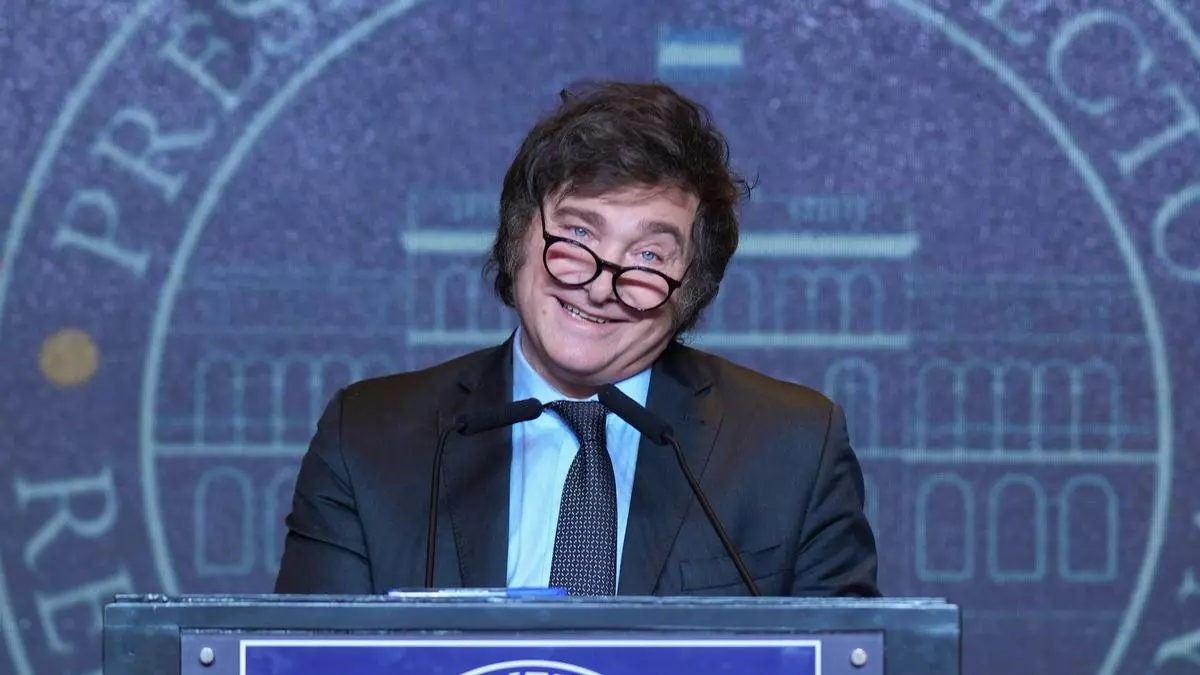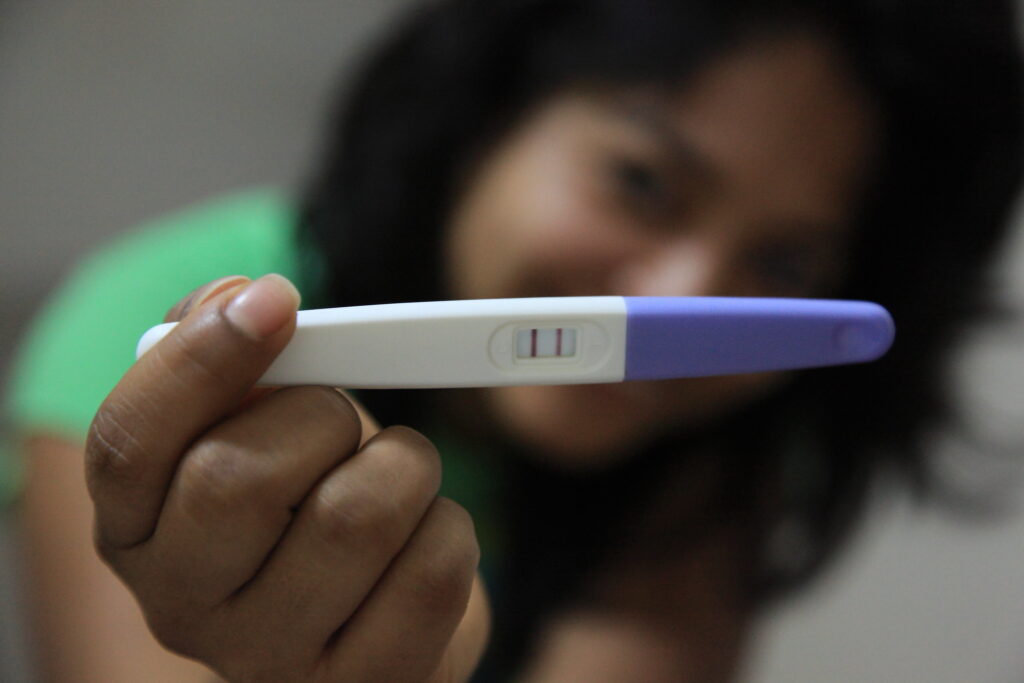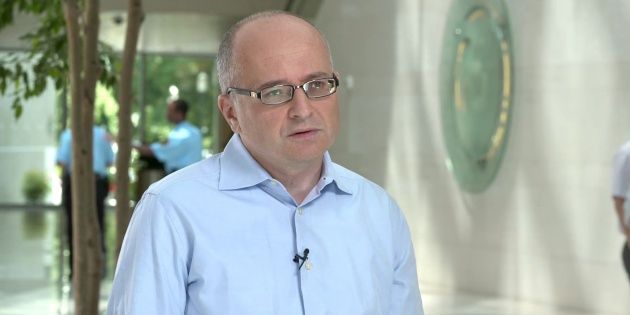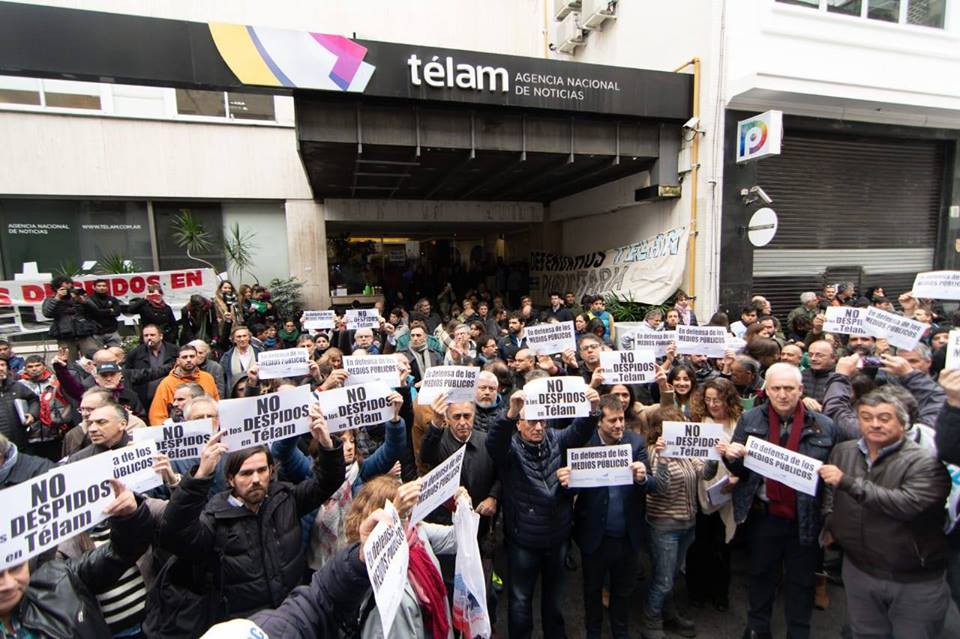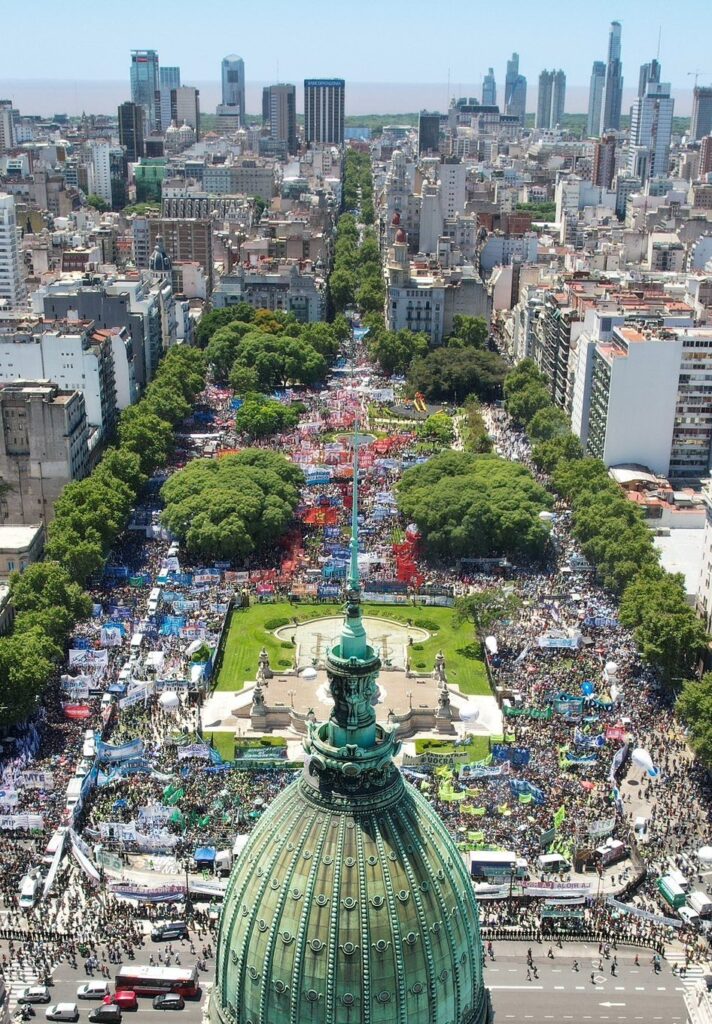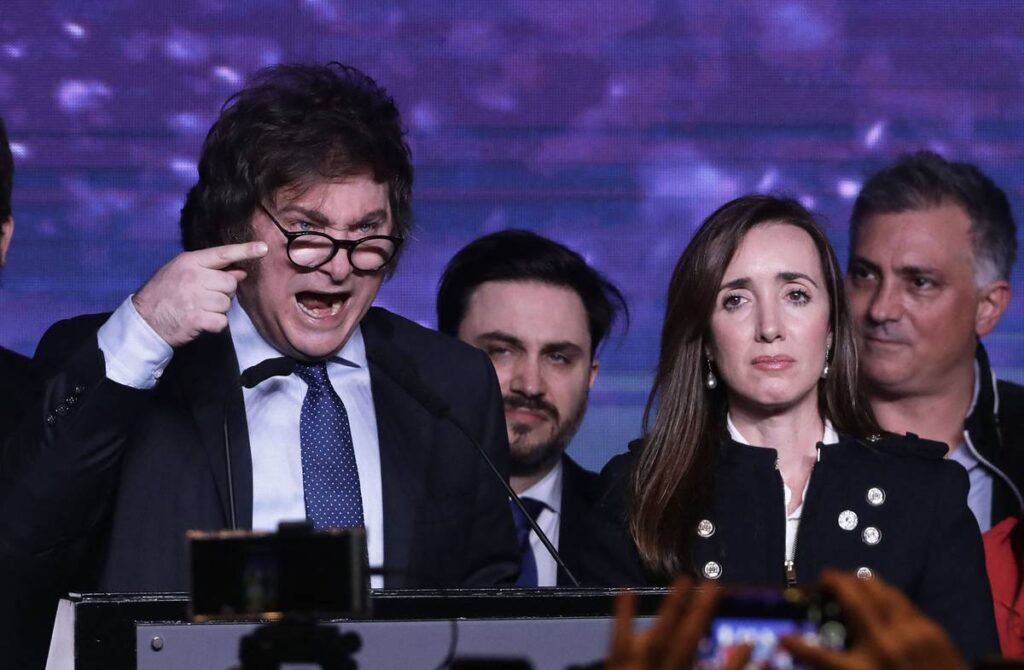Buenos Aires, Argentina — Libertarian firebrand Javier Milei will be Argentina’s next president after defeating current Finance Minister Sergio Massa in a runoff election on November 19. His campaign promises and reported potential cabinet appointments give a glimpse at what to expect from his administration.
Milei ran on a campaign defined by drastic changes to Argentina’s struggling economy, including cuts to public spending and pegging the economy to the US dollar.
Far right leaders from around the world, including former United States President Donald Trump and Brazil’s ex-President Jair Bolsonaro, congratulated the incoming leader. So did Uruguayan President Lacalle Pou and American billionaire Elon Musk.
After not sleeping on Sunday night, according to him, Milei spent Monday morning giving interviews to various local radio stations where he detailed the transfer of power to his team from the administration of outgoing President Alberto Fernández. He also echoed some of his campaign promises about his economic strategy.
“Everything that can be in the hands of the private sector, will be in the hands of the private sector,” said Milei. He will also look into selling government-run companies including TV Pública, Radio Nacional, news agency Télam, and energy giant YPF.
In his victory speech the night before, Milei said that his administration will have “three very simple premises: a limited government that strictly complies with the commitments it has made, respect for private property and free trade.”
He is expected to call an extraordinary session of Congress in December to debate a reform bill, which includes tax cuts and cuts to public spending. Sources from his political party, La Libertad Avanza, said they hadn’t ruled out the possibility of creating an emergency law aimed at solving some of the country’s most pressing economic issues, according to La Nación.
“We are going to start with the reform of the State and with solving the problem of Leliqs,” said Milei, referring to a type of debt security issued by Argentina’s Central Bank to prevent pesos from being exchanged to US dollars. Their actual balance is around USD 40 billion, and Milei intends to cancel that debt by paying the banks that own those bonds.
“To avoid hyperinflation, we must solve the problem of the Leliqs. Because it is not an option to maintain this trap that hinders the economy because it generates excess demand in the foreign exchange market and, as a consequence, excess supply in the rest of the economy,” he added.
The first steps toward dollarizing the economy involve stop issuing new pesos and setting a firm ARS-USD exchange rate.
“There will be freedom to exchange pesos for dollars once the issuance is frozen and the reference exchange rate is set,” said sources close to Emilio Ocampo, the man chosen by Milei to be in charge of “closing” the National Central Bank.
International banks tend to agree on one prediction: they expect a big devaluation of Argentina’s currency before the end of the year. Representatives from J.P. Morgan anticipate a recession for next year with high inflation in the first semester in order to put the economy back on track. Analysts from Morgan Stanley also predicted an 80% devaluation of the country’s official exchange rate after Milei’s victory.
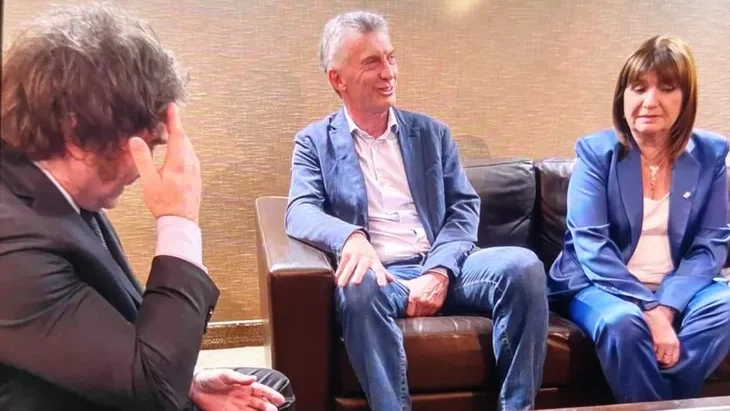
To move forward with these radical initiatives, Milei will face his toughest challenge: Congress. His party won 38 seats out of 257 in the Chamber of Deputies and 8 out of 72 in the Senate. Although he forged alliances with members of the PRO party, led by former president Mauricio Macri, Milei will have to negotiate with members of a wider opposition as the seats of both parties are not enough to achieve quorum.
During the campaign, Milei suggested that if he had trouble passing bills through Congress, he could submit them to a plebiscite, but those have to be convened by the chambers. But he is most likely to use Decrees of Necessity and Urgency (DNU), that have immediate effect and can only be rejected by Congress in an extremely long process. Since the return to democracy in 1983, no DNU has been rejected this way.
A mixed cabinet
During his campaign, Milei spoke often about cutting the number of government ministries. His intention would be to drop from 18 to eigh total ministries in his cabinet, including ministries finance, foreign affairs, human affairs, infrastructure, security, interior, defense and justice.
“We are going to surprise with the team we are putting together,” said Milei. He’s already put forth some potential names.
Diana Mondino, a 55-year-old economist without previous political experience and who has compared same-sex marriage to having lice, should be his pick for Foreign Affairs Minister.
Sixty-two-year-old Mariano Cúneo Libarona, a lawyer who became famous in the 1990s for representing the agent of soccer star Diego Maradona, is tipped to head the Justice Ministry.
Carolina Píparo, a former candidate for Governor of Buenos Aires, was announced as the potential next head of the National Social Security Agency (ANSES), in charge of the social welfare benefits and public retirement plans.
A Finance Minister hasn’t been confirmed yet, La Libertad Avanza has claimed that a person has already been chosen and accepted the role. Milei has reportedly flirted with appointing Federico Sturzenegger, former president of the Central Bank during the administration of Mauricio Macri; Luis Caputo, one of Macri’s former finance ministers; and national legislator Luis Laspina, among others.
The Human Affairs office will reportedly be led by Sandra Petovello, a 55-year-old specialist on family and social issues. Guillermo Francos, a former representative of Argentina to the Inter-American Development Bank (IDB), will be in charge of the Ministry of Interior; and the ministers of Defense and Security will be chosen by the Vice President-elect, Victoria Villarruel. Milei and Villarruel will assume their offices on December 10 during a ceremony that will reportedly be attended by Bolsonaro.


